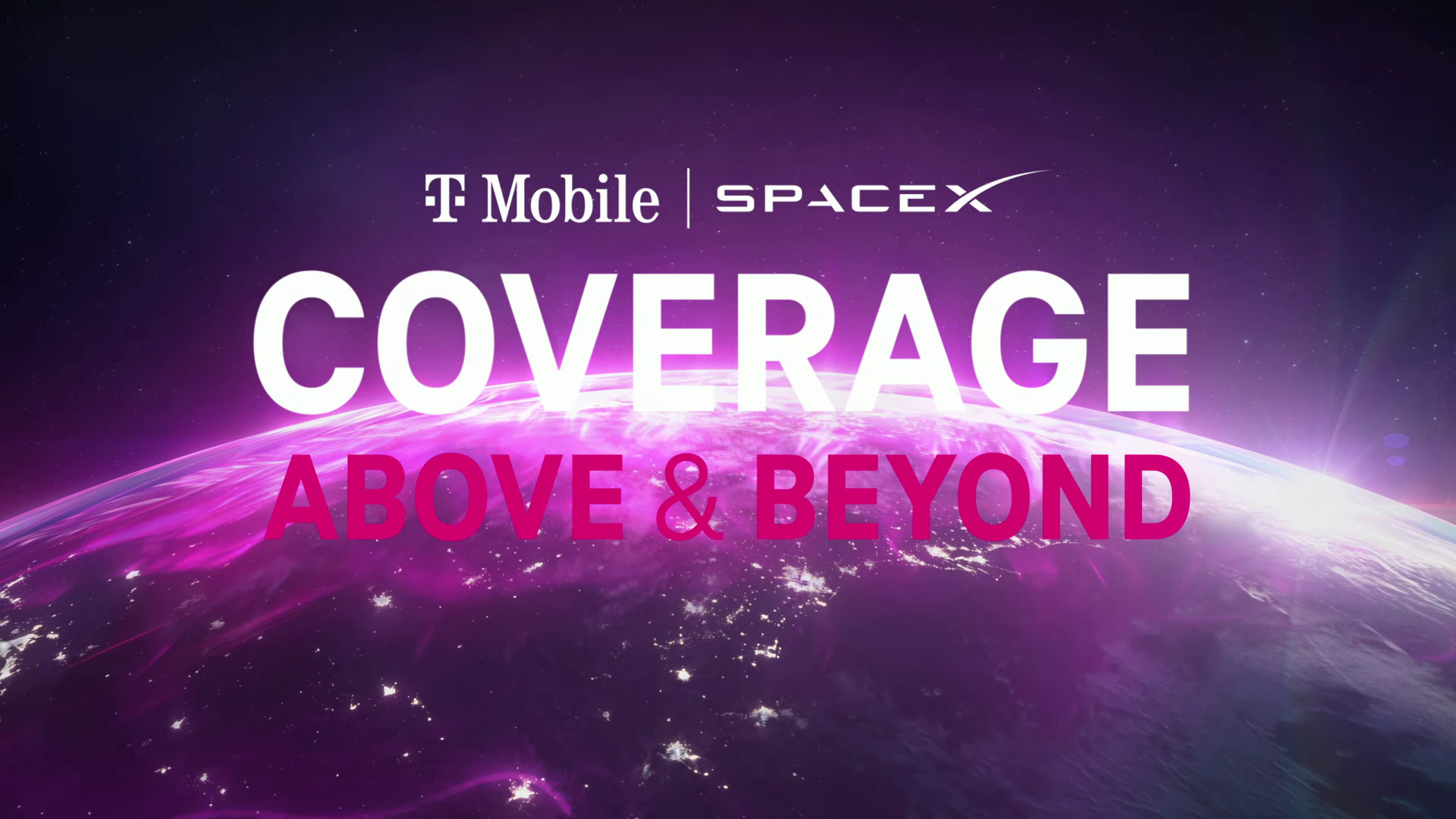
What you need to know
- SpaceX's Falcon 9 launch on December 4 sent 20 satellites into orbit as part of Starlink's direct-to-cell service with T-Mobile.
- The company's senior director of satellite engineering, Ben Longmier stated its direct-to-cell service was now open for business for "any teleco" company in the world.
- Starlink and T-Mobile started down this path to end dead zones in the U.S. in 2022 and in November, the FCC signed off on it.
Following a major launch, Starlink states its Direct-to-Cell is ready for more than just consumers.
SpaceX showcased the Falcon 9 launch of 20 satellites into orbit on December 4 via an X broadcast. Shortly after, the company's senior director of satellite engineering, Ben Longmier spoke about the launch in greater depth. According to Longmier, SpaceX sent "24 planes of 13 sats per plane" into space for its Direct-to-Cell service.
After the planes are raised to 360km, Longmier states the service will be ready for consumer use. However, they add that Starlink's Direct-to-Cell is "open for business for any teleco in the world."
The post highlights the service's ability to "eliminate" dead zones for users who are still looking to text or call others when out of cellular range.
This launch completes 24 planes of 13 sats per plane at a 53 deg inclination for the Direct to Cell constellation. Once raised to 360 km, it will be plugged in to service. Direct to Cell is open for business for any telco in the world that wants to eliminate dead zones for text… https://t.co/4Ss1pPgvSz pic.twitter.com/7jyaW5R7kvDecember 5, 2024
Longmier reiterates T-Mobile's involvement with its satellite answer to dead zones. It seems that things will get underway soon as the post states direct-to-cell service will begin with T-Mobile in the U.S. "soon."
Starlink and T-Mobile started down this journey in 2022 when both companies announced a joint partnership to end dead zones. The purpose is to bring satellite connectivity capabilities to devices under T-Mobile cellular service program. Users, when out of tower range, would fall back on Starlink's satellites to continue talking or texting and contacting emergency services if required.
Both companies have been working toward this goal for two years and, at the end of November, the FCC signed off on the project. As a first for the industry, the FCC stated the idea of bringing satellite service in this way to consumers carries "critical public interest benefits." Similar to what Ben Longmier said following the recent satellite launch, a beta program is expected to begin in the U.S. shortly.
Additionally, it seems that SpaceX is awaiting approval for more specifications such as a "boost" in radio emission power to assist "more demanding use cases" for satellite connectivity. However, there is worry, namely from AT&T and Verizon, that such a power boost could interfere with their cellular networks.







